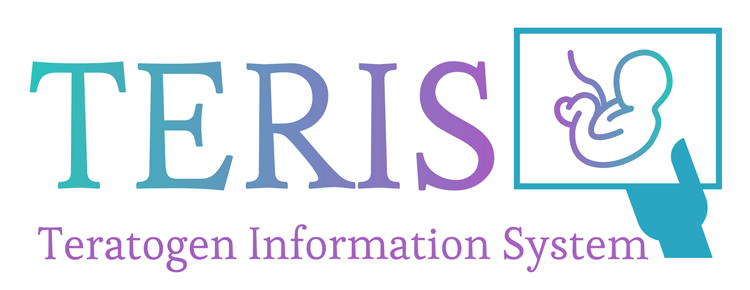
April 5, 2022
New Resource: TERIS (Teratogen Information System)
It is estimated that nine out of 10 women take a medication at some point during their pregnancy. However, most prescription and over-the-counter drugs are not tested for safety in human pregnancy before they are approved for marketing.
TERIS (Teratogen Information System) is a knowledge bank that was developed at the University of Washington to provide expert guidance on the pregnancy risks of medications, viruses, and vaccines. Because some birth defects are the result of maternal exposure to medications or infectious agents, it is important that clinicians have access to properly vetted information on teratogenic risks. TERIS includes information on over 1,800 agents and has been providing guidance to health care providers for almost 40 years.
Each agent in the TERIS database is accompanied by a summary of the clinical and experimental literature and includes a teratogenic risk rating that is generated by the TERIS Advisory Board. The TERIS Advisory Board is composed of globally-respected clinical teratologists from the fields of medicine, epidemiology and genetics. Agent summaries in TERIS have four sections; congenital anomalies, adverse pregnancy and neonatal outcomes, neurodevelopmental outcomes and animal teratology studies.
TERIS is distributed around the world and used by health care providers (physicians, physician assistants, nurses, mid-wives and pharmacists) to facilitate clinical decision making. Agent summaries are also used extensively in patient education, reducing the frequency and severity of teratogenic exposures through maternal empowerment.
The bottom line: TERIS fills an ever-widening gap in medical knowledge and provides information to health care providers that may have positive life-long consequences for pregnant women and their unborn infants.
